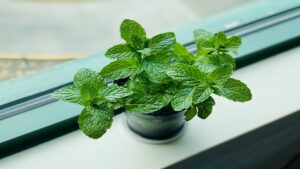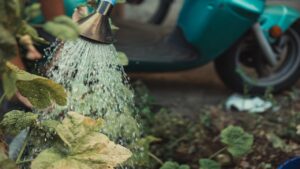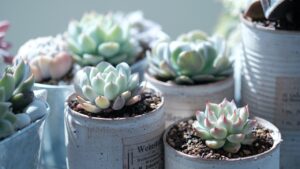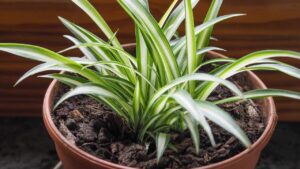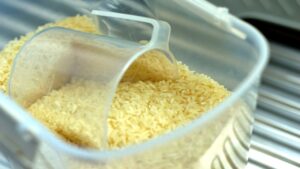8 DIY Gardening Hacks That Will Keep Your Plants Looking Gorgeous
If you’re a plant owner, you understand the importance of providing proper care to ensure their optimal growth and vibrant appearance. Of course, if you love them, you’ll do your best to make sure they have everything they need, but you can understand that despite your best efforts, they might exhibit a dull color, yellowing leaves, and slow growth. Today I will reveal 8 expert tips to help you maintain your plants’ lushness and vitality.
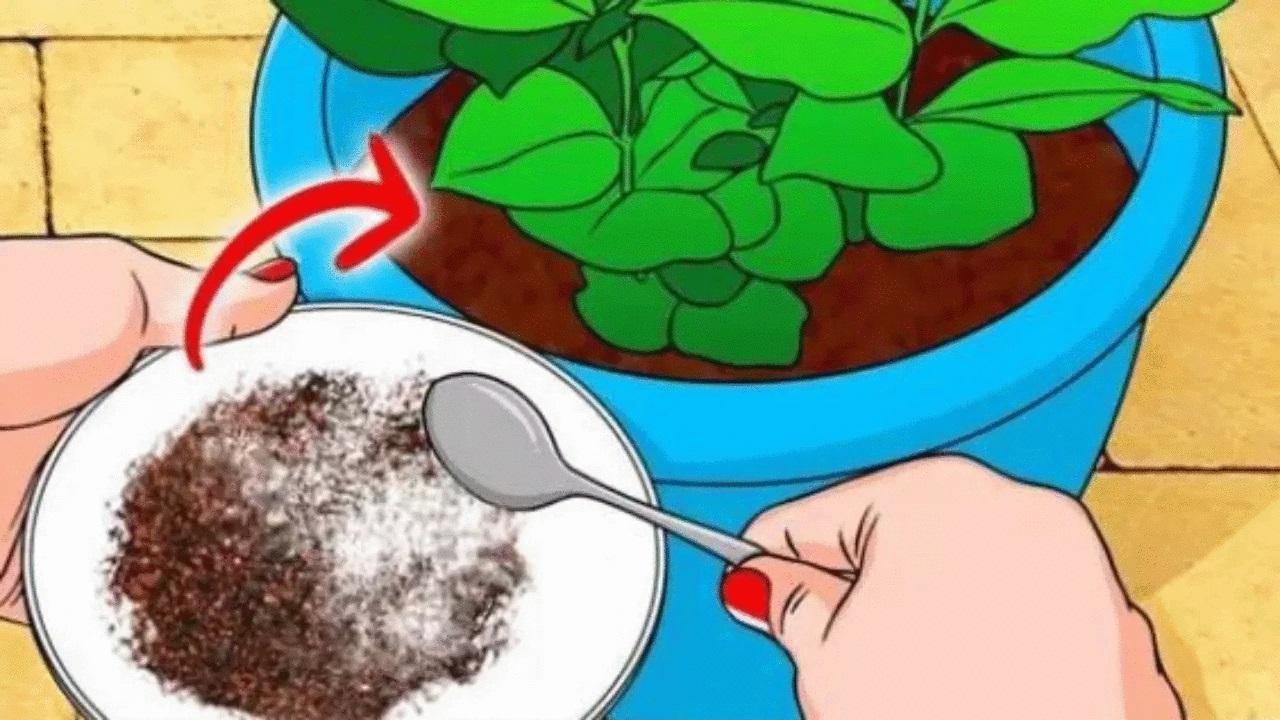
8 Tricks for Always Luxuriant Plants
Watering your plants with water that is free from excessive limescale is crucial. Hard water with high levels of limescale can hinder the absorption of nutrients by plants. Opt for rainwater or distilled water as the ideal choices for irrigation.
Aerating the soil is essential for providing roots with ample oxygen, thereby enhancing plant growth. To do this, simply poke the earth with a stick to create small holes.

Stimulating new root growth is crucial for robust plants. To achieve this, carefully remove old roots and transplant the plant into a larger pot. This provides space for new roots to develop and flourish.
Daylight hours significantly impact photosynthesis, the process by which plants produce energy. More light hours translate to increased energy and healthier growth. Make sure they get at least 6 hours of light a day.
Use baking soda: Baking soda serves as a natural remedy to safeguard plants against diseases like mold and fungi. Create a solution by blending a small quantity of baking soda with water, and spray this solution on your plants.
Alternative Nutrients: If you have an aquarium, you can reuse fish water as a nutrient-rich fertilizer for your plants. The organic waste present in fish water provides essential nutrients that promote healthy plant growth.
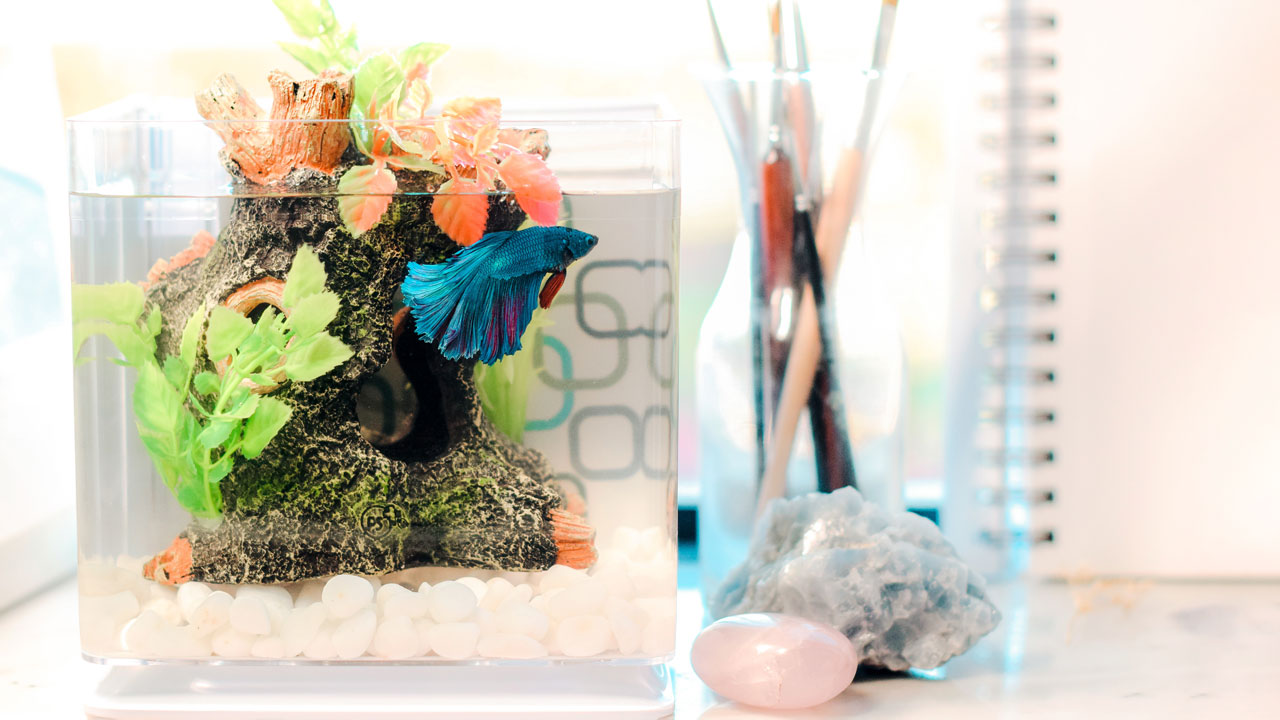
Natural repellents: Avoid using chemical pesticides by preparing natural repellents. Ingredients like garlic, chili peppers, or Marseille soap can be used to create effective solutions that keep insects and pests away from your plants. These repellents are safe and do not harm the environment.
Add Iron: Iron is an essential element for the growth of all types of vegetation, as it plays a key role in photosynthesis. If you notice signs of iron deficiency, such as yellow or pale leaves, you can address it by adding iron to the soil. Using soil amendments enriched with iron is a great way to improve the nutrient balance and support healthier plant development.
